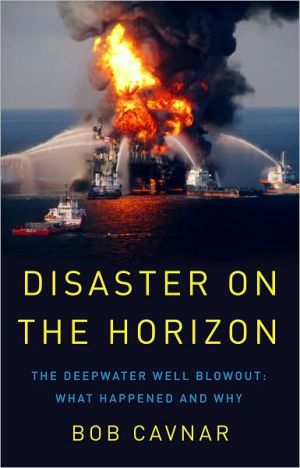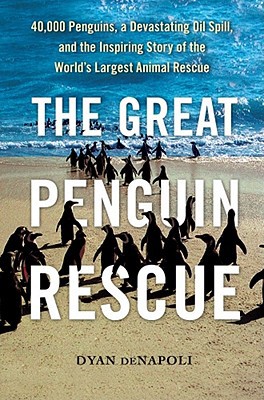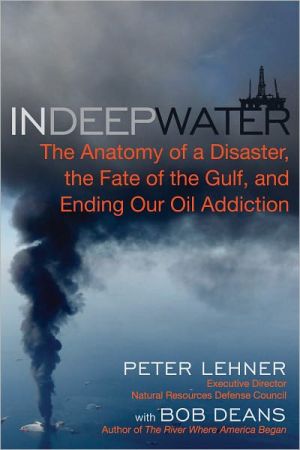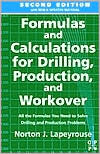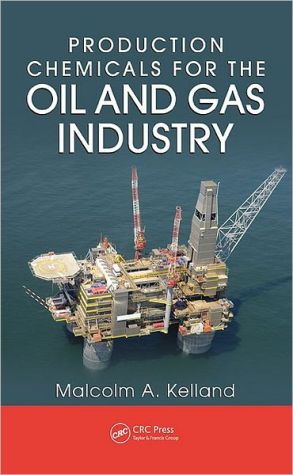Disaster on the Horizon: The Deepwater Well Blowout: What Happened and Why
Disaster on the Horizon is a behind-the-scenes investigative look at the worst oil well accident in US history, which led to the current environmental and economic catastrophe on the Gulf Coast. Cavnar uses his 30 years in the business to take readers inside the disaster, exposing the decisions leading up to the blowout and the immediate aftermath. It includes personal accounts of the survivors, assembled from testimony during various investigations, as well as personal interviews with...
Search in google:
Disaster on the Horizon is a behind-the-scenes investigative look at the worst oil well accident in US history, which led to the current environmental and economic catastrophe on the Gulf Coast. Cavnar uses his 30 years in the business to take readers inside the disaster, exposing the decisions leading up to the blowout and the immediate aftermath. It includes personal accounts of the survivors, assembled from testimony during various investigations, as well as personal interviews with survivors, witnesses, and family. It also provides a layman's look at the industry, its technology, people, and risks. It deconstructs events and decisions made by BP, Transocean, and the US Government before and after the disaster, and the effects of those decisions, both good and bad.Cavnar explains what happened in the Gulf, explores how we arrived at deep water drilling in the first place and then charts a course for how to avoid these disasters in the future. Publishers Weekly Cavnar, a veteran of the energy industry (including early work on oil rigs and pipeline construction), does a more-than-admirable job of clarifying deepwater drilling, specifically the corporate interests behind it and the mechanics and risks associated with it. Cavnar approach his subject like a muckraking reporter, pointing fingers and wringing hands and, though he doesn't spare BP, he argues that their hands were tied. Regarding their lowball estimates of oil spilled in the early days, Cavnar states that "liability is based on the amount of oil released into the environment"; though BP officials "probably had calculated the actual flow rate to within a few percent," releasing those figures would have meant owning up to a much greater liability. Especially chilling is Cavnar's assertion that other disasters will follow Deepwater Horizon, since 27% of domestic production comes from deepwater drilling and a 2009 study of subsea Blow Out Protectors showed a failure rate of 45%. Even if the US were to regulate or ban all offshore drilling, multinational companies would set up deepwater rigs near more lenient nations to sidestep the problem. Ultimately Cavnar issues a call to reduce our reliance on fossil fuels; only this, he suggest, will spare us ecological catastrophe. (Oct.)
\ Publishers WeeklyCavnar, a veteran of the energy industry (including early work on oil rigs and pipeline construction), does a more-than-admirable job of clarifying deepwater drilling, specifically the corporate interests behind it and the mechanics and risks associated with it. Cavnar approach his subject like a muckraking reporter, pointing fingers and wringing hands and, though he doesn't spare BP, he argues that their hands were tied. Regarding their lowball estimates of oil spilled in the early days, Cavnar states that "liability is based on the amount of oil released into the environment"; though BP officials "probably had calculated the actual flow rate to within a few percent," releasing those figures would have meant owning up to a much greater liability. Especially chilling is Cavnar's assertion that other disasters will follow Deepwater Horizon, since 27% of domestic production comes from deepwater drilling and a 2009 study of subsea Blow Out Protectors showed a failure rate of 45%. Even if the US were to regulate or ban all offshore drilling, multinational companies would set up deepwater rigs near more lenient nations to sidestep the problem. Ultimately Cavnar issues a call to reduce our reliance on fossil fuels; only this, he suggest, will spare us ecological catastrophe. (Oct.)\ \ \ \ \ Steve Mufson…[Cavnar] focuses on the oil rig disaster itself and what caused it, constructing a readable narrative based on the extensive testimony at given in hearings, newspaper accounts and his own experience. He makes a strong case that the spill was caused by human error…Cavnar gives a good explanation of the basics of oil drilling and well control. Like other people who have written about the Macondo well, Cavnar finds fault with almost every company, with special criticism for BP.\ —The Washington Post\ \
